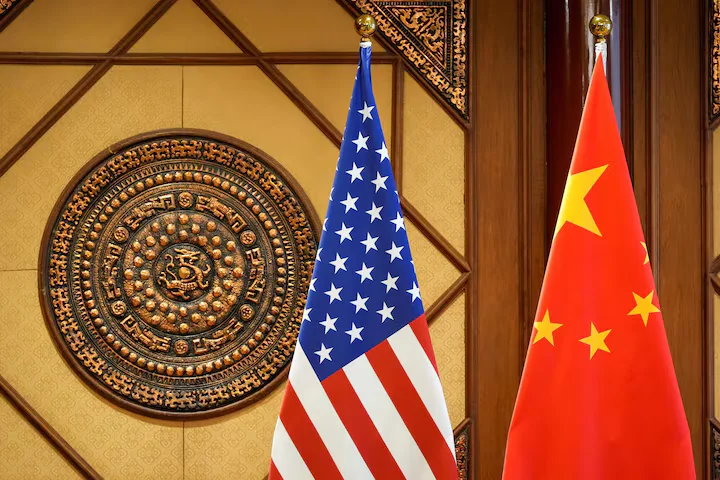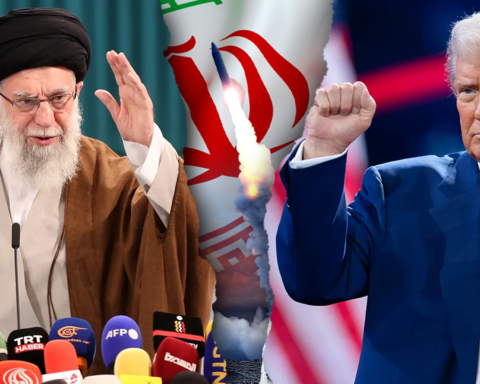China has firmly rejected a proposal to sell one of its most prominent digital platforms to an American company.
The decision comes in direct response to the latest round of tariffs introduced by U.S. President Donald Trump, a move that has rekindled economic friction between the world’s two largest economies.
According to sources familiar with the negotiations, talks had been quietly underway to explore the possible sale of the popular video-sharing app’s U.S. operations. The deal, seen by some as a compromise to ease regulatory and national security concerns in the U.S., would have handed over control of the app’s American user data and content moderation to a U.S.-based firm.
However, following the announcement of new tariffs targeting Chinese goods — covering sectors from electronics to raw materials — Beijing abruptly pulled back from the deal. In a statement released by its Ministry of Commerce, China emphasized that the forced sale of a private digital platform under political pressure was “unacceptable” and that such actions undermined the principles of free and fair global trade.
“Business transactions must be based on mutual respect and market rules,” the statement said. “Any attempt to pressure a Chinese company into a sale through unilateral tariffs and legal threats will be met with firm opposition.”
Analysts view China’s rejection not only as a defense of its digital sovereignty but also as a signal to Washington that trade and technology will not be separated when it comes to diplomatic negotiations. With technology now at the heart of global competition, control over platforms, data, and infrastructure has become as critical as traditional commodities.
For the U.S., the rejection leaves open questions about the future of Chinese apps operating within its borders.
Also Read; U.S. Announces Major Tariffs,
Excludes Russia from List
The Trump administration had long cited national security concerns, suggesting that such platforms could be used to harvest sensitive user information or manipulate public discourse. Efforts to enforce a sale through executive orders or legal rulings had stalled in courts but remained on the agenda for future regulatory pushes.
Meanwhile, Beijing has tightened its own controls over cross-border tech transactions, updating its export rules to include artificial intelligence and data processing algorithms. These new restrictions are widely believed to be part of the reason why the proposed deal fell apart — even if both parties had reached agreement, it would likely have required high-level Chinese government approval.
With new tariffs in place and no clear path to resolution, the standoff underscores how deeply intertwined trade, technology, and geopolitics have become.







